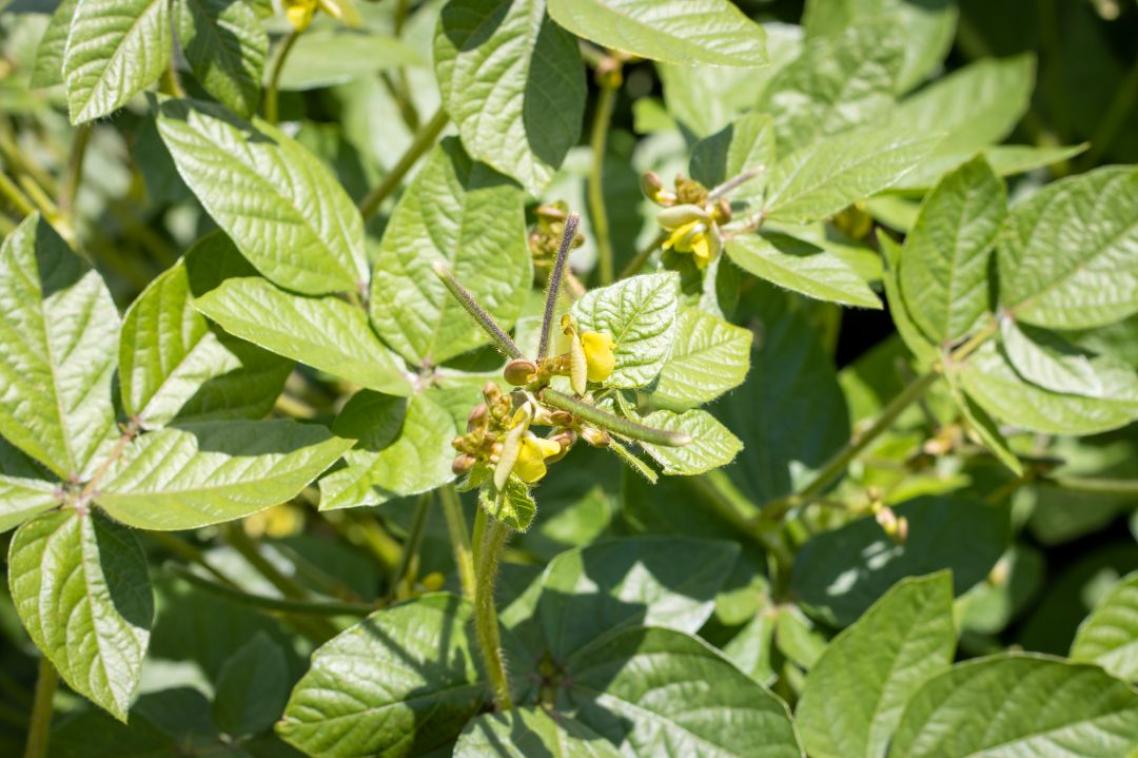Workshop examines Cryptosporidium knowledge
Cryptosporidium, the parasite which recently gained notoriety following its detection in several Queensland public swimming pools, will be discussed at a workshop for health care and water industry professionals on May 5 in Brisbane.
The workshop, organised by researchers at the University of Queensland, Griffith University and the Queensland Institute of Medical Research (QIMR) will be at the Conservatorium board room, Southbank at 2.30pm.
Senior lecturer in the University of Queensland's Parasitology Department Dr Peter O'Donoghue said there was considerable public misinformation about the disease cryptosporidiosis and the organism that caused it.
It was the smallest known coccidian parasite and its oocysts had a unique configuration in that sporocysts (or secondary spores) were absent.
Recent surveys had shown that most infections could remain asymptomatic and relatively few were associated with clinical disease, usually manifest as mild to severe diarrhoea.
Dr O'Donoghue said certain patient groups appeared to be at higher risk of clinical infection, especially infants and immuno-compromised individuals (people undergoing immuno-suppressive chemotherapy or having congenital or acquired immuno-deficiencies).
Dr O'Donoghue said the detection of parasites in public water supplies presented a dilemma for health authorities.
He said researchers had only just begun to address such questions as whether the parasites present were alive or dead? Were they killed by standard chlorination or removed by filtration procedures? Were they infective only for animals or for humans? Where had they come from and how long could they survive?
Dr O'Donoghue said the workshop would review and discuss current knowledge about the parasite and indicate future directions for research, diagnostic technologies and public awareness.
The workshop would bring together scientists from medical, veterinary and environmental fields working with Cryptosporidium species.
Speakers will include Dr O'Donoghue and Associate Professor Paul Prociv from the University of Queensland, Dr Helen Stratton of the Centre for Integrated Environmental Protection at Griffith University, Dr Wiebke Warnken of the International Centre for Ecotourism Research at Griffith University and Dr Jacqui Upcroft of the Molecular Parasitology Unit at QIMR.
Media: For further information, contact Dr O'Donoghue, telephone 07 3365 2584, email: p.odonoghue@mailbox.uq.edu.au
Related articles

Flowering discovery could lead to more reliable mungbean yields

Greater attention needed on community service workforce
Media contact
UQ Communications
communications@uq.edu.au
+61 429 056 139
